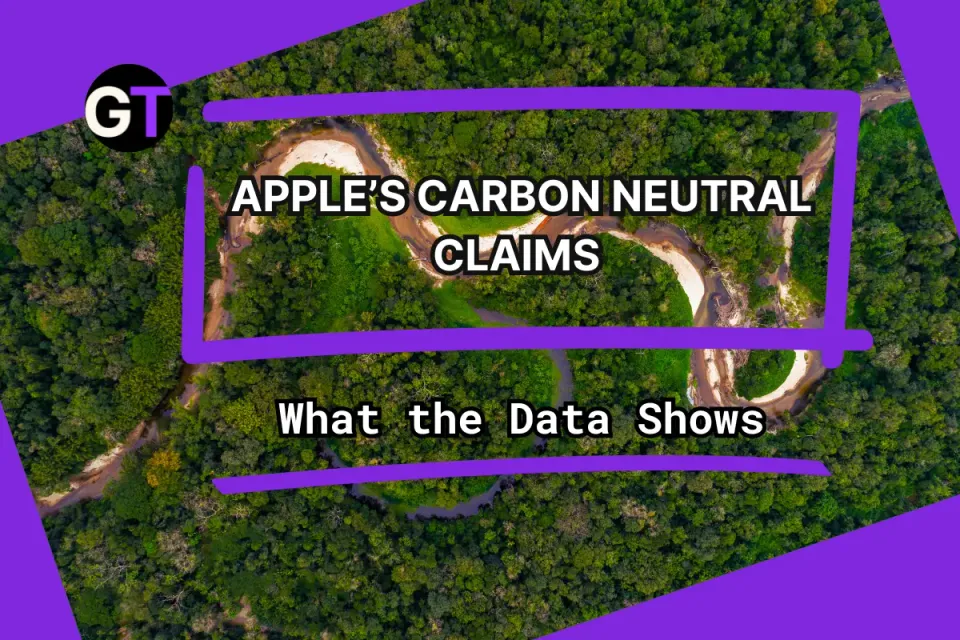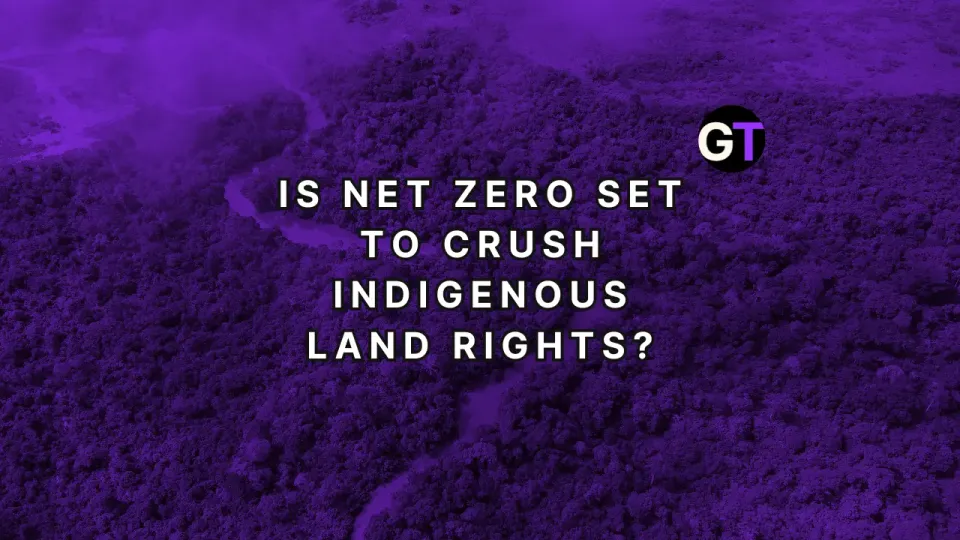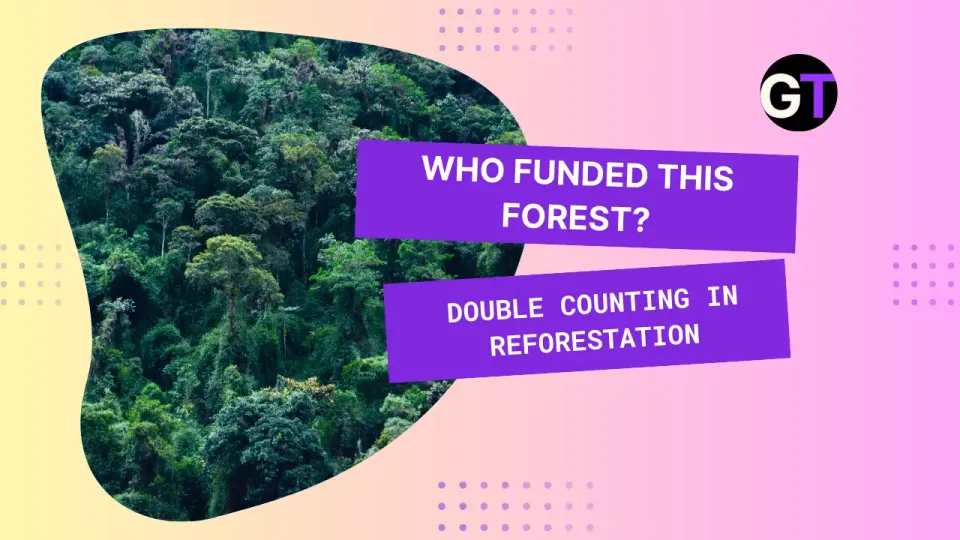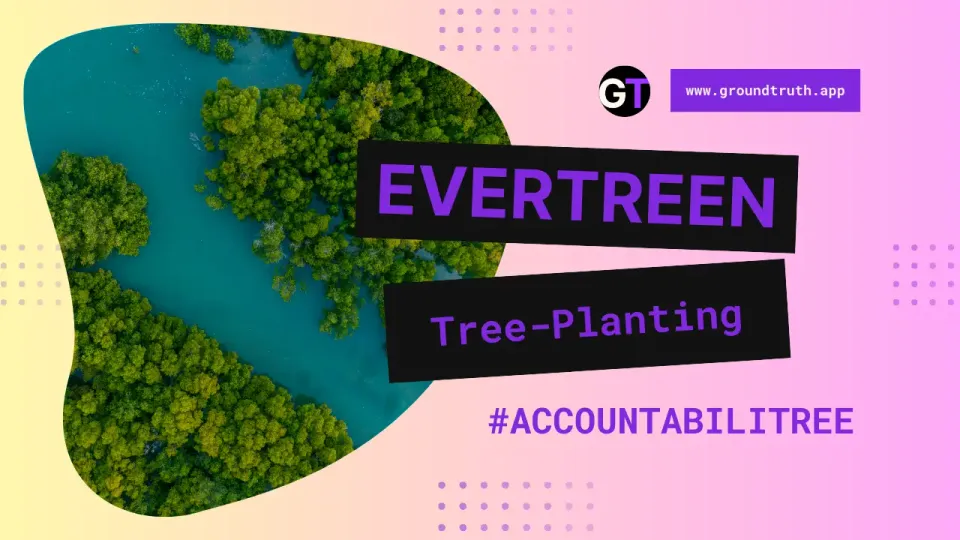Coastal Forests Can Fight Climate Change 🌳🌎
With a whopping 13 million hectares available, these forests hold the power to store massive amounts of carbon...
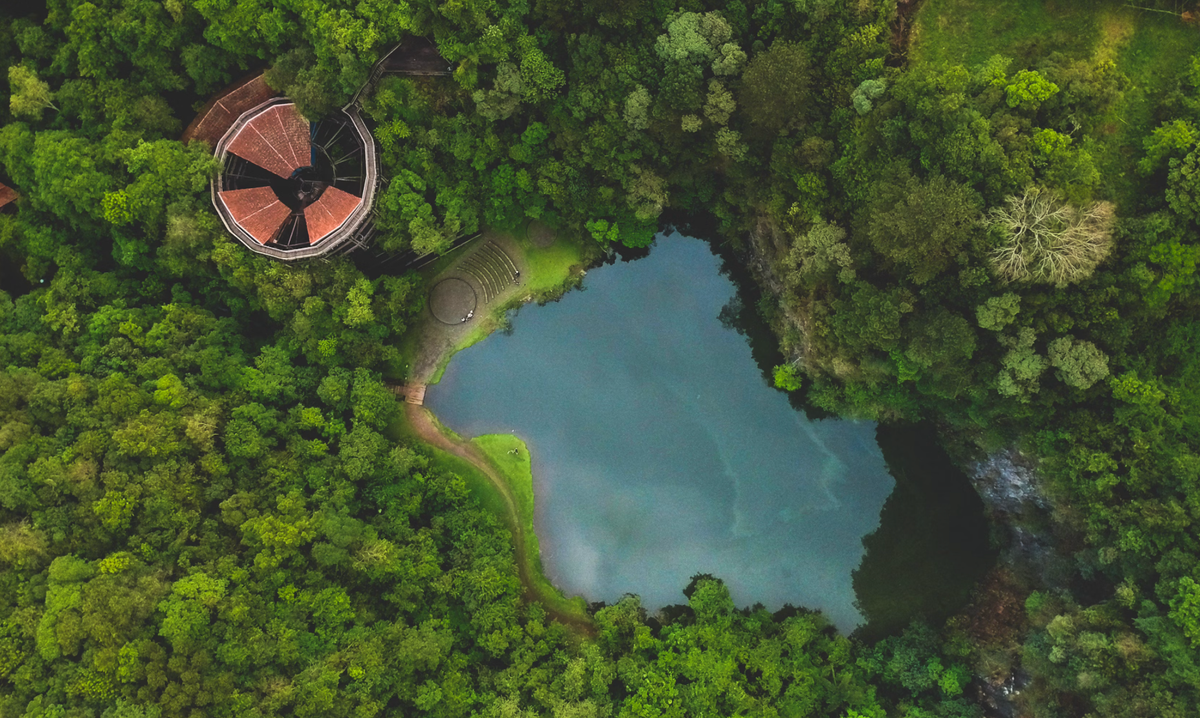
Why Coastal Forests Are a Game-Changer 🌲
We all know forests are amazing at absorbing carbon dioxide, but did you know that some forests pack more of a punch than others? 🌍 In a new study by Shanley et. al. (2024), researchers highlight how the stunning coastal temperate rainforests of western North America can lead the way in natural climate solutions (NCS).
With a whopping 13 million hectares available (that's literally the size of Greece!), these forests hold the power to store massive amounts of carbon and help us hit our climate goals. 🌿💪
👉👉But the questions is: where exactly do we start? 🤔
Climate Action Starts With Our Forests🛑
Here's the thing: We’re on a ticking clock to meet global climate commitments, and natural climate solutions are a HUGE part of that. 🌍 Forests like these store an incredible 4,900 megatonnes of carbon dioxide—that’s 45% of the region’s aboveground forest carbon stocks.
If we improve how we manage these forests, we could reduce carbon emissions by 9.1 megatonnes each year! 🌿 That’s 5.2% of the U.S. and Canada’s land-based climate goals for 2030. 🌟
Using Data to Make Targets🗺️
This study doesn’t just highlight the importance of forests—it also maps out where conservation efforts will be most effective. 🌍📊 The researchers dug into a detailed spatial analysis to figure out which areas have the best opportunities for NCS. With most of these high-carbon forests under public ownership, this is a HUGE chance to balance climate action with the needs of local communities, Indigenous peoples, and the forest industry. 🤝🌲
How We Can Fix It 🔧
The solution is simple, but powerful: improved forest management. By extending harvest rotations and reducing forest carbon loss by just 10%, we could see massive carbon savings. 🌳📉
It’s an actionable, data-backed plan that benefits everyone—from the environment to the communities that rely on these forests. By looking at the openly available evidence, we can make smarter decisions that help us safeguard the forests that take care of us. 🌿
Story in Numbers: Insights From the Data🖥️
The study's data reveals some fascinating insights:
- Forest Carbon Stocks: The data show that 40% of the coastal temperate rainforests are available for action, holding 4,900 megatonnes of carbon dioxide equivalent—0.5% of global forest carbon stocks!
- Carbon Emissions Reduction: Historical data suggest that improving forest management could reduce forest carbon loss by 9.1 megatonnes of CO₂ per year—equivalent to 5.2% of 2030 land-based climate goals for the U.S. and Canada.
- Ownership Breakdown: The data also provide a detailed look at land ownership—61% of carbon stocks are on public land, while 32% are on private lands, and 7% are under Indigenous ownership, highlighting key areas for targeted action.
Open Data🔓
You can view the Emerald Edge Forest Carbon Mapper for free. It combines different forest carbon datasets with land ownership and designation info to highlight where we can take action to implement natural climate solutions (NCS) and capture more carbon. The raw spatial data is available at Harvard Dataverse: https://doi.org/10.7910/DVN/D3XUHZ.
Just a heads-up: the map is still in "beta" testing, so it doesn’t yet include the valuable stewardship practices or traditional knowledge from Indigenous and local communities.
This data is open for everyone to access, providing transparency and enabling researchers, policymakers, and conservationists to dive deeper and explore opportunities for even more targeted climate actions. 🌍💻
Citation
Shanley, C.S., Graves, R.A., Drever, C.R. et al. Mapping forest-based natural climate solutions. Commun Earth Environ 5, 502 (2024). https://doi.org/10.1038/s43247-024-01678-z
Author Profiles
Colin Stanley in Nature | Colin Stanley ORCID | Colin Stanley Google Scholar
Rose A Graves in Nature | Rose A Graves ORCID | Rose A Graves Google Scholar
C Ronnie Drever in Nature | C Ronnie Drever ORCID | C Ronnie Drever Google Scholar
Michael Schindel in Nature | Michael Schindel Google Scholar
James C Robertson in Nature | James C Robertson ORCID | James C Robertson Google Scholar
Michael J Case in Nature | Michael J Case ORCID | Michael J Case Google Scholar
Tanushree Biswas in Nature | Tanushree Biswas Google Scholar

